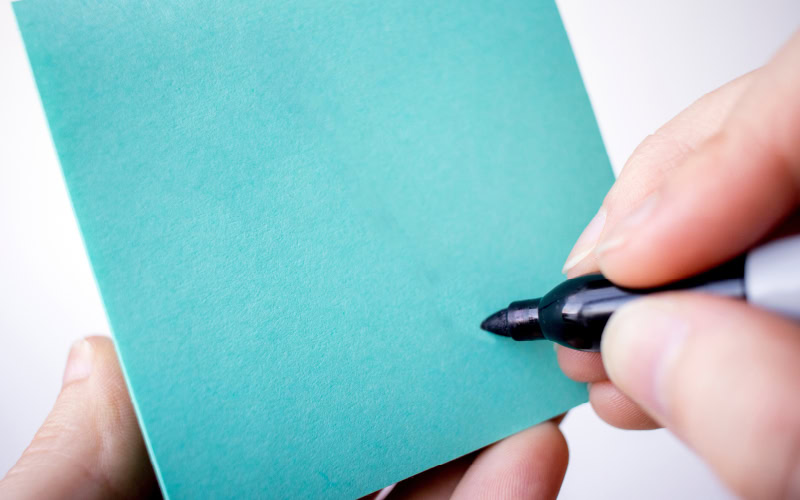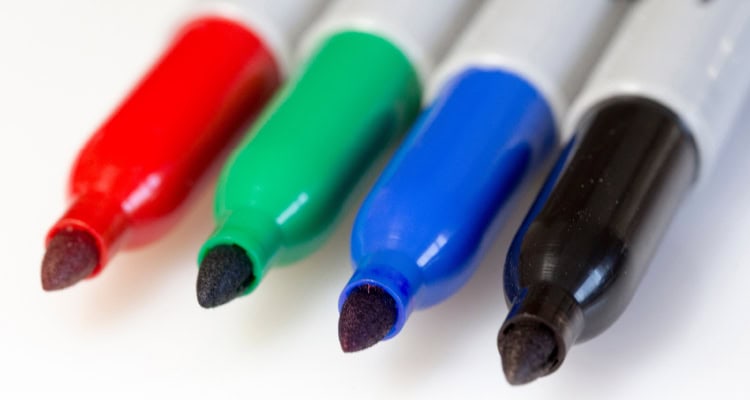Sharpie Rewrites Supply Chain Strategy

Redrawing production lines and highlighting worker retention, Sharpie maker Newell Brands got ahead of tariff uncertainty and supply chain complexity.
Remapping Lines
× China
√ U.S.A.
Sharpie pen maker Newell Brands relocated manufacturing for its famous markers from China to Tennessee. Its Maryville, Tennessee, factory now operates around the clock, making 1.8 million fine-tip Sharpies a day. In total, it produces at least half a billion Sharpie markers every year. Each Sharpie is made of six parts with only the felt tip imported—from Japan.
Newell has reduced shipping costs and now fulfills customer orders more quickly. The company is able to offset inflation by lowering production costs. Sharpie retail prices remain stable ($1 per pen when sold in a pack).
Newell plans to move more lines to the United States in late 2025/early 2026, including Sharpie’s Clearview highlighter.
Outlining Challenges
• Production speed/capabilities
• Supply chain complexity
In 2018, when Chris Peterson, then-CFO (now CEO) of Newell Brands, looked into making more Sharpies at the Maryville, Tennessee, factory, he found production rates for Sharpies were slower than those of competitor products made overseas. Additionally, the Maryville facility needed to develop new capabilities, such as making the ink refills for the gel pen. The turnover rate for manual jobs, such as packing, also presented a problem.
What’s more, Newell’s various brands (including Crock-Pot and Rubbermaid) had different supply chains, and retailers reported it was difficult to work with the company. Peterson sought to centralize Newell’s supply chain and operations.
Fine Tips
• Invest in new equipment and training
• Retain and retrain
Newell invested nearly $2 billion to remap its Sharpie supply chain. After investing in robots and training, the Maryville factory now makes pens at three to four times its previous speed and has improved product quality, Peterson says.
For example, to bring production of its retractable Sharpie back from China in 2024, engineers spent months designing the robotic system that assembles barrels and clickers into markers. They solved a problem that confounded the version made in China: how to prevent pens from drying out. Now the internal chambers of the pens are sealed, and a vision robot scans for errors in the text printed on marker barrels, while workers oversee production.
Keeping its head count the same, Newell retained employees at the Maryville factory and converted manual jobs to roles such as automation engineering. The company also expanded a career-training program to support workers in their new jobs.
Making Its Mark

Sharpie launched the permanent marker category when it was introduced in 1964. Since 2018, Newell Brands, the company that makes Sharpies, has made $2 billion in investments and overhauled its production process to be able to move manufacturing back to the United States.
Most Sharpies—in all 93 colors—are now made at its Maryville, Tennessee, factory—a 37-year-old facility.
.
